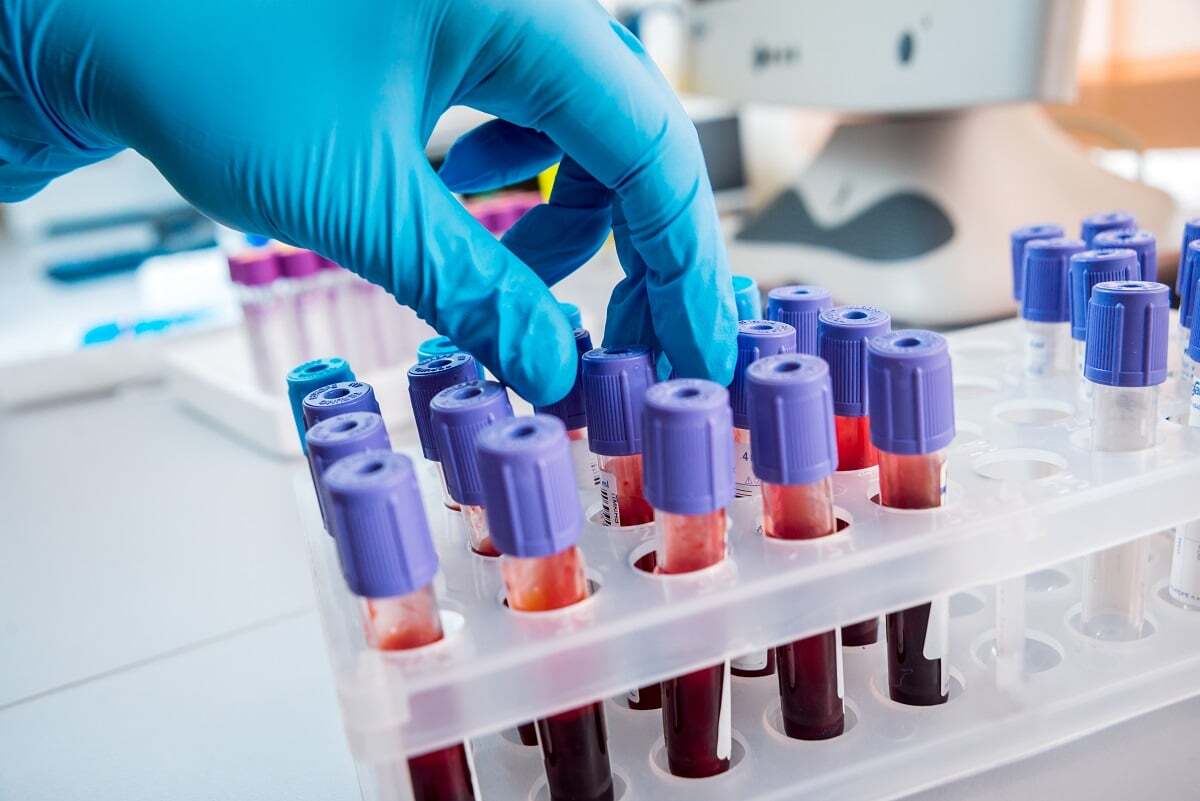How Your Blood Donation Helps Save Lives

Complete the information below:
It’s a common misunderstanding that all blood donations go to people who need transfusions. While many donations are used for that purpose, a great deal of blood donations are used for medical research.
When you think of medical research, you might imagine scientists in white lab coats using microscopes, test tubes, and beakers. And even though you may not realize it, you help those scientists all the time!
When you participate in a clinical trial, the company gathers data to see how their product will be received in a real patient environment. That helps research. When you respond to a survey, your answers help research. And when you donate blood your donation is used by scientists working to develop new vaccines, devices, and treatments. That is an extremely important way you can help research.
Cure for Diseases
Patients with specific diseases are often asked to donate blood for research. That’s because their blood can be used to identify possible treatments—and maybe even a cure—for their disease. For example, people with COVID-19 were asked to participate in blood donation drives, where their blood was used for medical research. Since COVID-19 was never before seen in the UK, scientists needed to quickly develop vaccines, and to do that, they needed blood from patients who were infected with the virus.
Another example is cancer treatments, which have evolved far past chemotherapy, radiation, and surgery thanks in large part to blood research. In fact, blood research led to the development of vaccines that prevent cervical cancer.
Learn More About Donating for Specific Conditions
Testing New Diagnostic Devices
Testing blood usually takes hours, but new devices allow doctors and first responders to get results in mere minutes, wherever a patient may be. These so-called “point-of-care” (or POC) devices need to be tested extensively before they can be used. That’s where blood donations come in. Blood from donors may be sent to the companies developing these devices, or the devices might be used to test blood directly at the donor centre.
Making T-Cells
T-cells help the immune system fight viruses, bacteria, and cancer. And regulatory T cells, also known as Tregs, prevent other immune cells from attacking the body’s own tissue. Scientists have created artificial Tregs, called CAR-Tregs, that help people suffering from cancer and autoimmune diseases. How do scientists make these CAR-Tregs? You guessed it—from blood donations!
What It Takes to Donate for Research
So, are you ready to donate blood and help scientists? Great! Before you come down to CTLS, make sure that you’re eligible to donate. Everyone donating blood for medical research must be:
- Be between 18-66 years of age
- Weigh at least 50 kg
- Possess a valid government-issued photo ID (Driving License, Passport, ID Card etc.)
- Not pregnant
- Willing to answer questions about your health
- Able to read and sign a consent form
Sign up to donate today or contact us at +44 203 608 6260 to learn more.
Sources:
https://www.cancerresearch.org/immunotherapy/cancer-types/cervical-cancer
https://www.pointofcare.abbott/us/en/about-us/benefits-of-point-of-care-testing
https://acrpnet.org/2020/05/11/blood-donors-play-invaluable-role-in-testing-point-of-care-devices/
https://www.popsci.com/donated-blood-research/
https://weekly.biotechprimer.com/attack-of-the-tregs/
.webp?width=2883&height=1011&name=CTLS%20Logo%C2%AE_%20Font_Final%20(2).webp)
